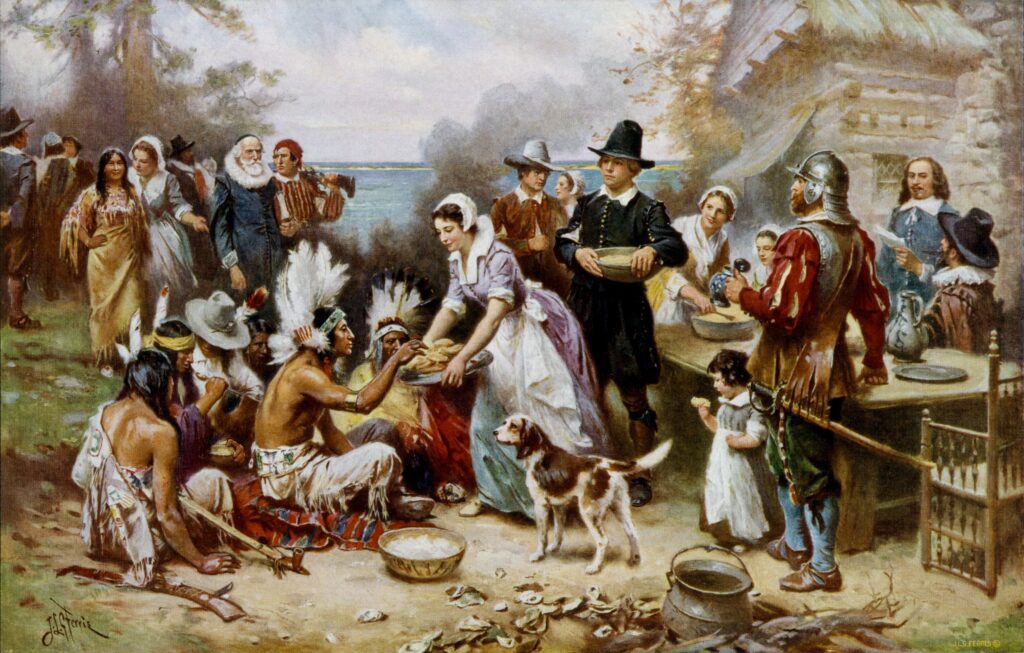"Look after each other so that none of you fails to receive the grace of God. Watch out that no poisonous route of bitterness grows up to trouble you, corrupting many." (Hebrews 12:15 NLT)
Forgiveness is essential to the gospel. We cannot accept it without also extending it. Grace is either pervasive or illusive. As Christians, we tend to enthusiastic in reception and reluctant in bequeathing.
Yesterday, I came across an extraordinary example of grace in the most unexpected place: 5th grade social studies! We were learning about Squanto and his powerful friendship with the Mayflower pilgrims. Of course, I had heard of Squanto’s contribution to the early American settlers, but somehow I’d missed the fact that he spoke English. I guess I’d always pictured the two cultures signing out their conversations until they’d each picked up snippets and learned to form sentences.

Remarkably, Squanto was fluent in English as a direct result of kidnapping. As many as two hundred European ships had preceded the Mayflower to New England and at least one of them came with ill-intent. Squanto and some friends had been lured on to an British ship and shackled. Then they were thrown in the hull and carried across the ocean to be put up for sale as slaves in England. Thankfully the British weren’t interested, and a man named John Slaney became sympathetic to Squanto’s situation and tutored him in English. Years later, Squanto returned to his homeland, equipped to earn a living as an interpreter.
Tragically, things were not as he had left them. Every ship that came upon the distant shore carried European diseases along with it. As many as 90% of the indigenous people were extinguished by the devastating plague known as the Great Dying. Squanto went home to his desolate and empty village only to discover he was the sole survivor of the Patuxet people.
I stood there, dumbfounded amidst my fifth graders a little more than four hundred years later, and I thought about the kind of forgiveness required to help a weakened adversary through the worst winter of their existence. Squanto exhibited marvelous mercy, didn’t he?
Squanto could have let the pilgrims suffer the consequences of their choices: crossing an ocean too late in the season, arriving uninvited on another tribe’s territory, bringing death and disease along with them. He could have holed up in his hut grieving his losses. (Who would blame him?) Squanto could have been bitter and brutally destructive, but instead he proved himself helpful. He somehow managed to love his enemy despite his own misery.
Consider for a moment, how Squanto’s mercy affected generations and nations. Realize anew just how powerful forgiveness actually is! God longs for us to make history. Mercy gets the job done.
"Make allowance for each other's faults, and forgive anyone who offends you. Remember the Lord forgave you, so you must forgive others." (Colossians 3:13 NLT)
Lord, we all have excuse to hold on to hurt, but the truth is simple: unforgiveness does more damage than anything. Mercy makes a difference. Forgiveness affects family trees and national affairs. Leet us learn from Squanto all these years later. May we also offer forgiveness freely, though it costs us dearly. Align our hearts with the expressed values of Your Kingdom. Help us give others what we’ve received ourselves. Amen.